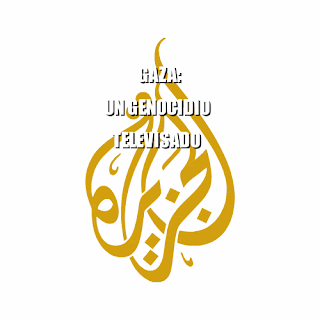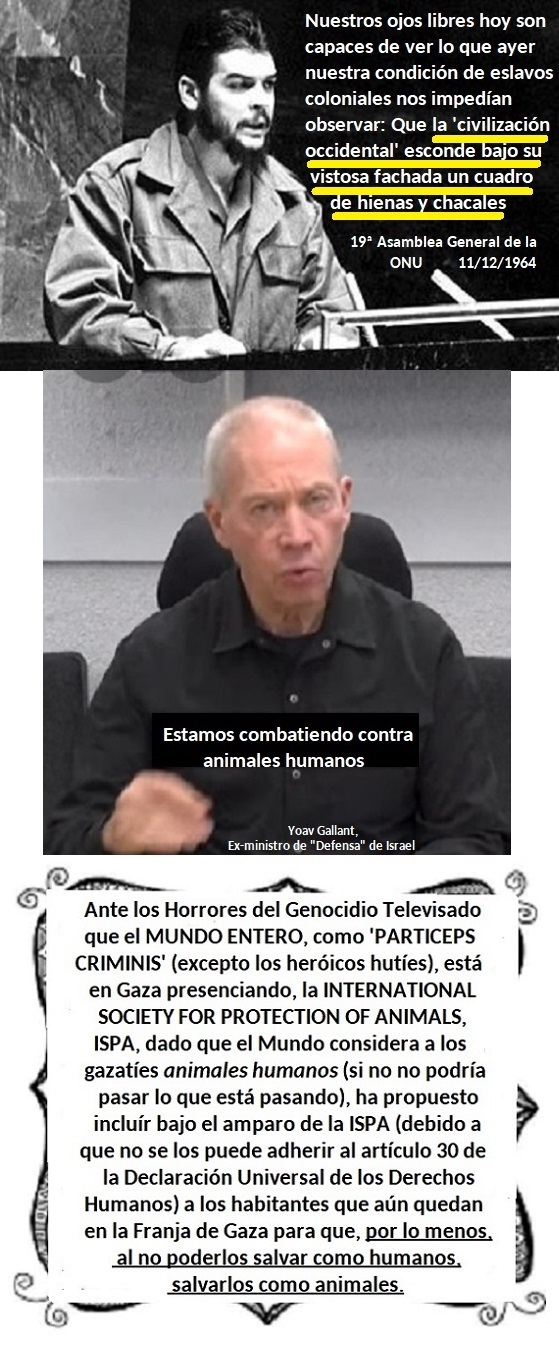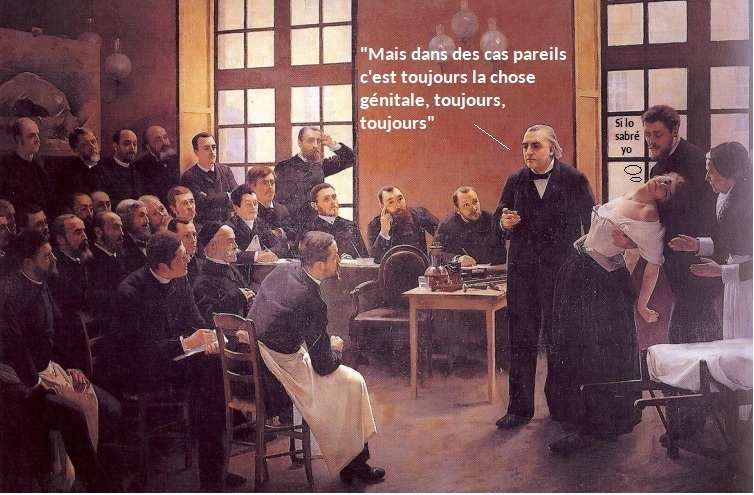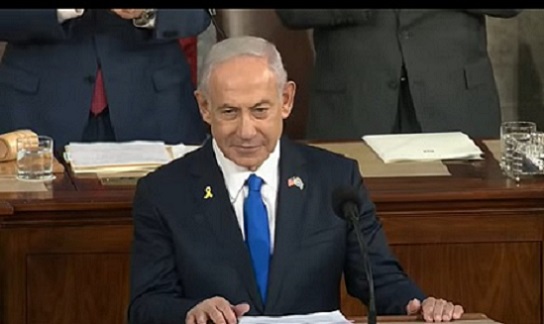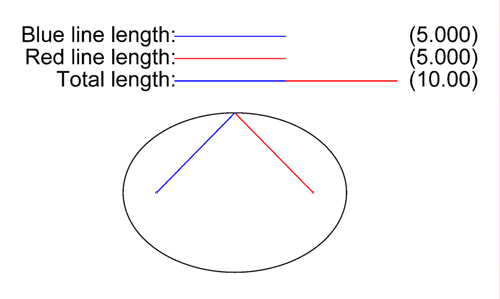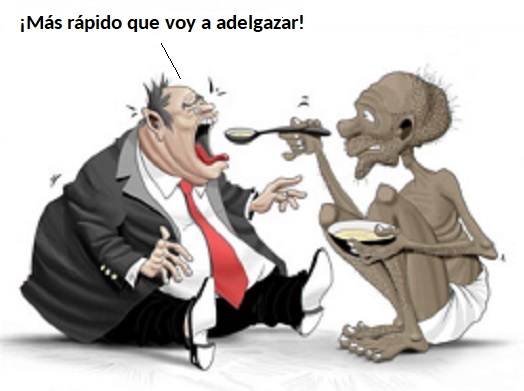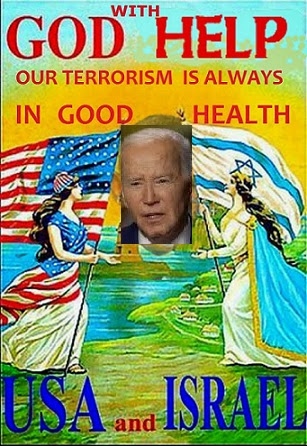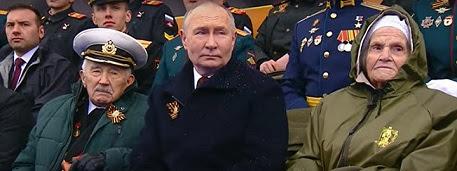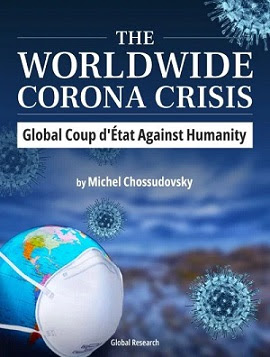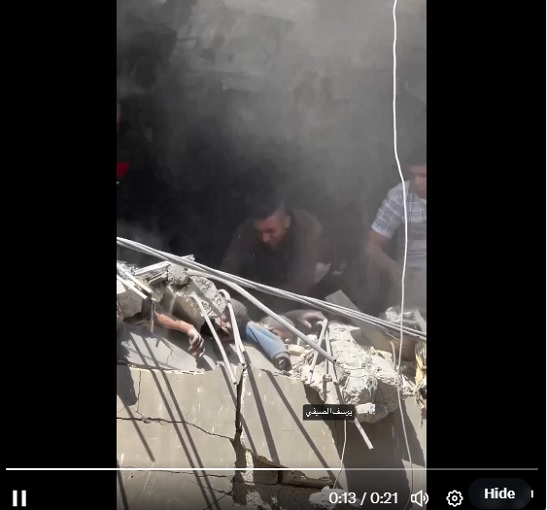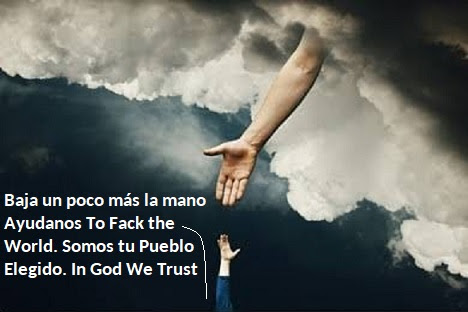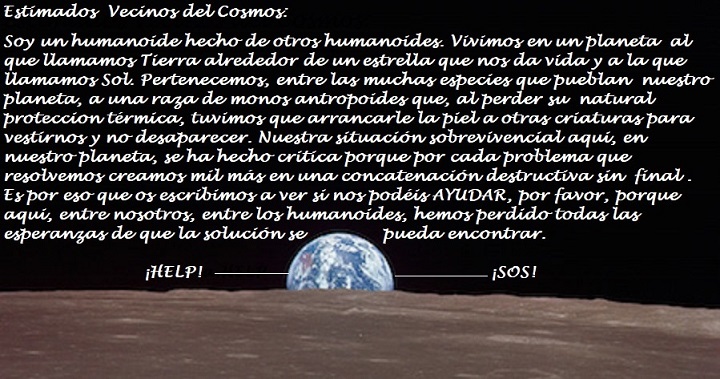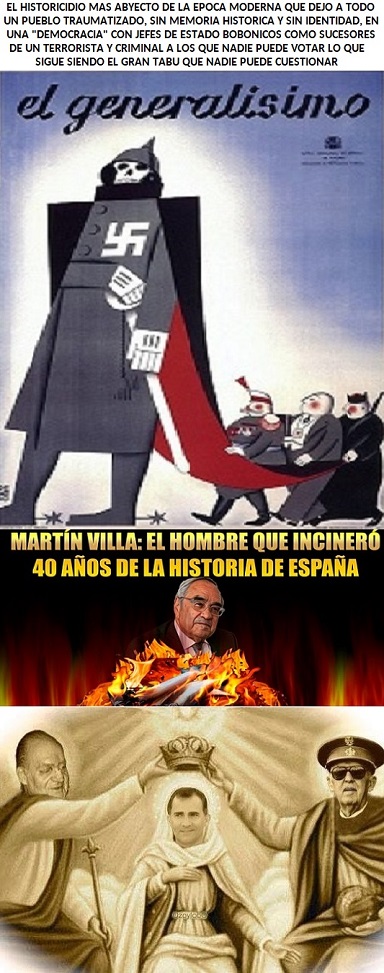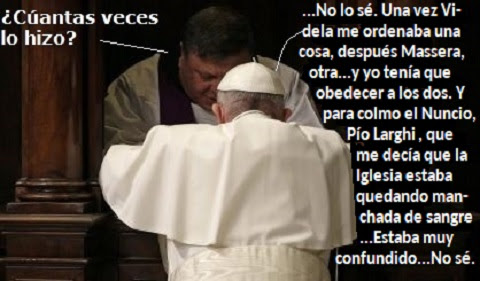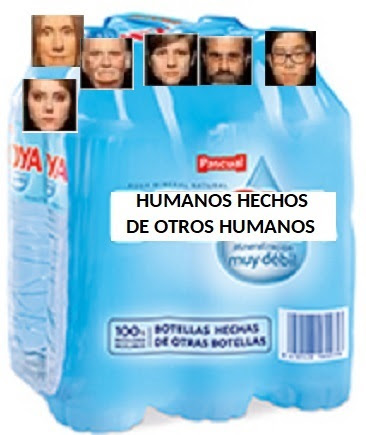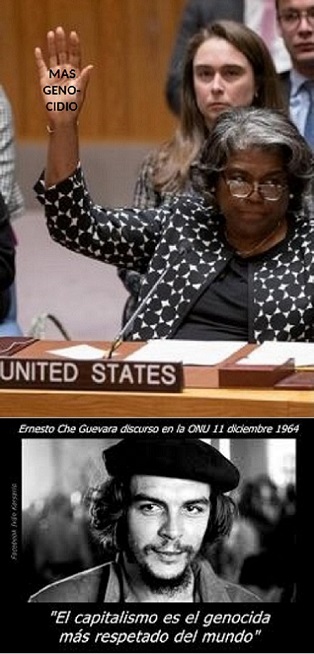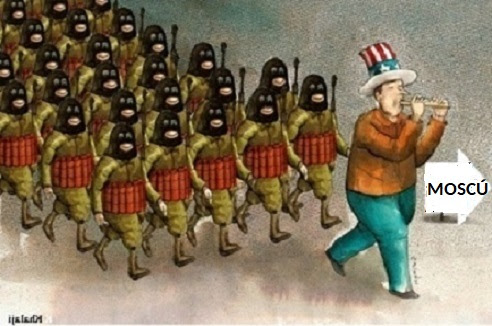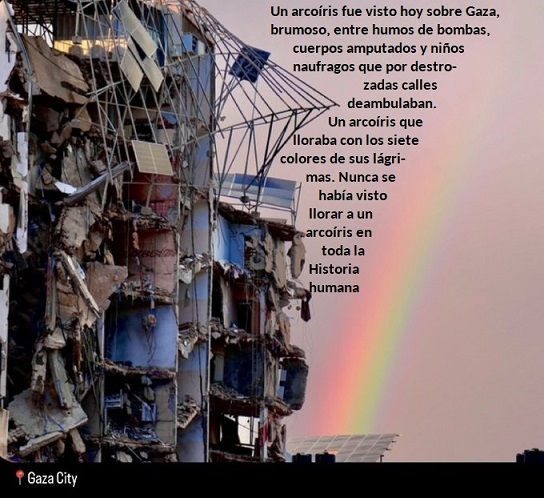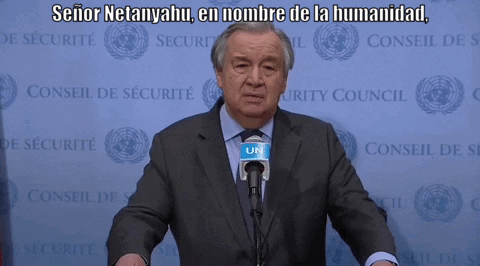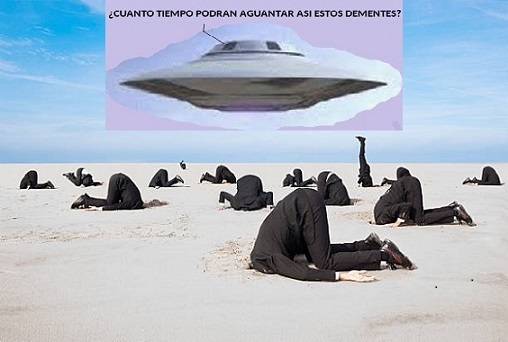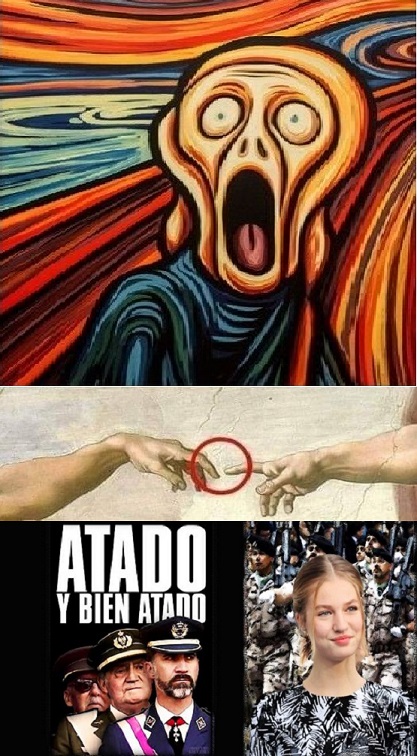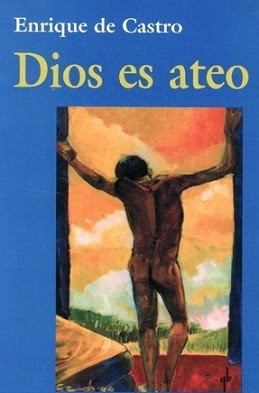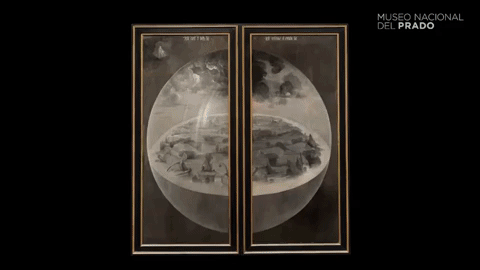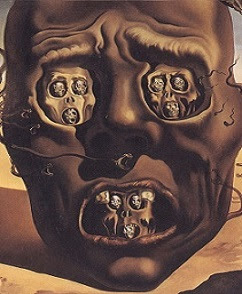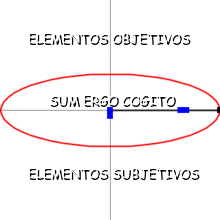 |
"What can maintain alive in us
the hope for a better future,
is the heroic people of Spain
in their struggle for the freedom
a the dignity of the humanity"
Albert Eisntein
|
SPANISH POLITICS IS US GEOPOLITICS
By Aidan O’Brien
Global Research, April 24, 2019
The sun is hot in Spain this time of year. The Catholics too. Semana Santa (Holy Week) reminded us that Spain was once the world’s preeminent source of religious fundamentalism.
Today, in contrast, it simply copies the nihilistic fundamentalism which flows out of Wall Street. It now is the source of nothing and believes in nothing. (...) Spain has been castrated, neutralized and mediocritized. The proof are its politicians. And for the powers that be, that’s just fine.
On April 28 Spain is holding a general election. It will be the fourth since Spain’s version of US capitalism began to implode at the end of 2008.
Finance capital, and that hot sun, had created a property bubble the size of California. All of which turned into political crap, in 2012, when Spain had to submit to the same “economic medicine” which was crushing Greece at that precise moment – the Troika (the European Commission, the European Central Bank and the International Monetary Fund).
Ever since 2012 Spain has been drifting nowhere. The reason being that post-Franco democracy is moribund. Or maybe it was never alive to begin with.
 |
| Esta foto-compuesta es nuestra No del autor del artículo |
Ever since the first post-Franco election, in 1977, these legacies of Spanish fascism have been hiding behind manufactured political parties: first the Union of the Democratic Centre (UCD) and then the Socialist Workers’ Party (PSOE) and the Popular Party (PP).
This political cage, however, has been battered and discredited by the economic crisis that engulfed Spain after 2008. The solution to the financial crash, for the post-Franco establishment, has been obedience to the financial markets – the Troika. And disobedience to the people of Spain. The word – austerity – sums up this treasonous solution.
In response, the Spanish people came out onto the streets. In 2011 the 15-M (May 15) Movement mobilized millions of ordinary Spaniards. Indignant about the naked appearance of financial fascism, the voiceless people took over the plazas of Spain. It was a ‘Spanish Spring’.
The streets of Madrid had picked up the vibe of the Mediterranean, that then was emanating from Tunis and Cairo. However, the Spanish government were picking up the vibe of the CIA. And sent the cops into the plazas – to crack heads. The powers that be didn’t want freedom in the Mediterranean. Least of all in Spain.
And this geopolitical context is the key to understanding contemporary Spanish politics. Spain is a strategic gateway to many worlds: the Mediterranean, the European, the African and the Latin American. Because of its geographic location and history, Spain is a bridge. On the grand chessboard, Spain is more valuable than a pawn. And for this reason, Spain’s fate is not in Spain’s hands.
Franco knew this. During the Spanish Civil War (1936-39) he placed his fate not in the hands of the Spanish nation, but in the hands of Italian fascists, German Nazis and Moroccan mercenaries. And after World War Two, he instinctively turned to US imperialism. The once “great” Spain became a US colony.
This innocuous looking agreement is the deep foundation of today’s Spanish politics. Next to it, everything else is superficial – even the king and the banks and Catalonia. Franco’s gift to Spain was nothing less than a pact with the devil. It was an agreement with permanent war. It was a fascist pact.
The pact manifested itself immediately. In the mid 1950s, the US built its own ‘rock of Gibraltar’ near the city of Cádiz: the naval port of Rota. And it moved into the airbase of Morón – near the city of Seville. From these extremely strategic positions the US could access Africa and the Mediterranean Sea within minutes. And it could reach the Middle East within a few hours.
Meanwhile, the secretive CIA teamed up with Franco’s secretive state. So much so, that the great CIA whistleblower, Philip Agee, wrote in his account of 1970s Europe – ‘On The Run’: “The more they tried to get me to Spain, the more suspicious I was. I knew the Agency and the Franco services were as thick as thieves.”
The death of Franco changed nothing. Spain’s transition to ‘democracy’ was managed carefully – so as not to disturb US imperialism. In an important 1976 article, La CIA, Aqui, Ahora (in a Spanish magazine called Cambio 16), Spain’s place in the Empire is brilliantly described:
And is the 2019 relationship between Spain and the USA any different? No. Indeed recent events suggest it has become much darker.
A 2015 El País headline stated: “Spain to negotiate turning Morón into US base for anti-jihadist operations“. While another El País headline that same year read: “US and Spain to sign deal making Morón main base for Africa operations”.
And in April 2017 US navy ships – based in Rota, Spain – attacked Syria without informing the Spanish government beforehand. In fact, Spain’s second class status, even within Spain, was underlined in February this year (2019) when the CIA brazenly broke into the Madrid embassy of North Korea and terrorized its occupants.
Will the Spanish government pushback? No. It continues to play the role the US has assigned for it. For example, when the US openly pressed for regime change in Venezuela last January, Spain’s socialist Prime Minister, Pedro Sánchez, immediately supported the Americans. This being significant because Spain automatically leads official European opinion when it comes to Latin America.
So what’s the point of the April 28 Spanish general election? Its ideological. Its a lie or a joke the Spanish state tells itself so as to cover up its own impotence. The Spanish people, however, are beginning to feel it.
The new left leaning political party, Podemos (We Can), emerged out of the 2011 ‘Spanish Spring’ and has upset the established order. But it is fighting a rigged voting system that favors the conservative countryside – at the expense of the more critical ‘Podemos cities’. And it is being shadowed now by two new ‘made to measure’ (CIA?) right wing parties: Ciudadanos (Citizens) and Vox (Voice).
As the US gears up today for a few more wars (Iran and Venezuela) there seems to be no escape, for Spain, from its deep colonial status. Even Podemos don’t seem to be aware of the depth of the problem. The Spanish Spring complained about the EU straitjacket (austerity) but failed to see the US straitjacket (imperialism).
The Americans, therefore, seem to have Spanish sovereignty truly trapped. The basic fact is that Spain joined the USA (1953) before it joined the EU (1986). So for Spain to be free, it is necessary to go back to the source of the slavery: the 1953 Pact of Madrid. If Spain destroys this then the liberation will follow: the liberation from the US, the EU and the King. The Republic of Spain would be reborn. But is any Spanish politician offering this truly post-Franco vision?
Three days later, on 10 August, Mr. Huston of the Glenn L Martin [Aircraft] Company of Baltimore, Maryland, petitioned the government to hear consider his position regarding the delivery of eight bomber airplanes that the Spanish Republic had contracted them to build. On the some day, after telephone conversations with President Roosevelt, Philips answer Mr. Huston by send him the mentioned law of August 7 and adding that the fabrication of such bombers for the Republic "would not follow the spirit of the Government's policy" [39].
The following day, on 1 August, the Department of State formally announced that "It was the policy of the United States government trot to interfere in the internal affairs of other countries, thus imposing a MORAL EMBARGO on arms to Spain" [40]. Of course, every time that any government of United States had make such mimetic promise of no "interference in the internal affairs of other countries" -it is worth it to repeat the entire sentence-, the all Universe has laugh. We remember, making a illuminate parenthesis, and as an example "par excellence", when Guillermo Toriello, then ambassador of Guatemala in Washington, meet President Eisenhower in January of 1954 in order to ask him to stop the plot of the US to overthrow the democratic government of Jacobo Arbenz in his country [40A], to stop the cited "interference", the President, although knowing perfectly what was taking place [40B], acted like he did not know nothing about it. Doing in a completely different way of what is proclaimed had been always the central motto any predatory empire. And Spain, eighteen years early, was no going to be an exception.
But the system moves for profit and, before long, in late-December 1936, Robert Cum, of the Vilament Company [41], completed a favorable transaction with absolute disregard for the laws of government, negotiating a contract for the sale of aviation motors to the Spanish government. Realizing that this would possibly support the Spanish , Roosevelt and Secretary of State Hull hastily put in motion a law that would impede the project. This law was passed with an unprecedented speed in United States congressional history.
On January 8, 1937, the new Embargo Law was vigorously instated. The "moral embargo" was underway. American hostility had been legalized [421, because, obviously, knowing the outright help of Germany and Italy to the insurgent, US, by acting in this way, give to the fascist powers the "carte blanche" to destroy the Spanish's democracy. But no only US was going to influence the war in Spain by its "moral embargo", but by its direct intervention in the conflagration., as we are going to se. Whether the measure was an "embargo" or not is debatable, but it definitely fell short of being "moral." Herbert Matthews certainly saw it this way: "The great service which the United States performed for Generalissimo Franco and the Nationalist cause [and it was a crucial one] was to impose m arms embargo and keep it in effect from the beginning to the end of the Civil War._ For the Republican government, THE AMERICAN EMBARGO WAS A CRUSHING BLOW, PERHAPS A DECISIVE ONE" [43].
The one who truly jumped for joy and happiness, with the news of such position of the US administration, was his main beneficiary: the Generalissimo Franco; thus, it is without surprise that, upon receiving such wonderful notice of the Embargo Law, he commented: "PRESIDENT ROOSEVELT BEHAVED IN THE MANNER OF A TRUE GENTLEMAN. HIS NEUTRALITY LEGISLATION... IS A GESTURE WE NATIONALISTS SHALL NEVER FORGET" [44]. The massacre of the Spanish people was going to be an ethical treaty between gentlemen and the butchers of the swastika, a kind of combination that does not has to much resemblance with the term of "democracy".
V.
Naturally, and as we said, the "morality" of the embargo tilted the balance in favor of the insurgents and against Spain's legitimate government. Meanwhile, Germany and Italy already had thousands of tons of the most intricate and advanced war material and sophisticated weaponry in Spain. But under such policy of "neutrality", and at the very moment of the francoist "Glorious National Movement" happens, five tankers from the Texaco Co. [an affiliate of the Standard Oil Co.] were crossing the Atlantic en route to Spain in compliance with a contract signed in July 1935 with CAMPSA [National Company of Spanish Petroleum]. Upon receiving word of the military insurrection, the director of Texaco, Thorkilde Reiber, "immediately telegraphed the tankers to change their course and head for one of the ports occupied by the insurgents to give them the gasoline" [45].
This was nothing new. The US corporations had plenty of experience with this class of clientele. "The Texaco Company before the war had built up good market in Germany. Reiber had intimate friends there. He had traveled around Germany with Goering and other influential Nazi officials" [46].
Franco's "Glorious Movement" was becoming a "Glorious Business." This business rapidly extended to all geographic regions, as only five days after the insurrection, on 23 July, the Secretary of the State of Business [the Business of US imperialism, of course], Cordell Hull, ordered the American Petrolium Co., Vacuum Oil not to attend the needs for the supply of combustible for the Republic's ships in Tangier [47]. The cordon around the neck of the Spanish people it was beginning.
Neither Germany nor Italy could supply the indispensable petroleum to Franco's mercenary forces; this transcendental war support would be filled by the United States from the genesis of the conflict .
The Standard Oil, Vacuum Oil, and especially Texaco Oil Company supplied all the petroleum that the insurgents needed throughout the entire war, and after the war... ON CREDIT!. The crucial and significant point in this issue was the fact , that , all of the elements of this negotiation was illegall because the Neutrality Act banned all forms of monetary credit to the belligerents. The German aviators that bombarded Guernica and Durango, the Italian bombers that leveled the refugees who fled to the highways, and even the infernal aircraft that bombed the inhabitants of Madrid, Barcelona, and several other cities [which for the first time in history, one might add, were destroyed from the air with high explosives], all these aircraft were fueled with North American gasoline of the "Moral Embargo." Moreover, these bombs that fell from the sky... were also North American! Let us investigate this in further detail.
"The US State Department also 'allowed' the sale of arms and ammunition to Italy and Germany, which were thereupon and IMMEDIATELY DELIVERED TO FRANCO. Reports covering bomb shipments of the Atlas Power Company [Dupont-Nemours] from its plant at Carney's Point, New Jersey, show the following: On January 12, 1938, the German freighter `Kallerwald,' sailed from there with 20,000 airplane bombs. On March 8, the German ship, `Crefield,' left with a second shipment of 20,000 aerial bombs. On April 12, the German freighter, `Bechum,' sailed with a third shipment of 20,000 bombs. All these marked for transshipment to an undisclosed destination" [48].
Shortly after, the urban populations of Spanish cities were going to figure outwould, in their burned flesh, the location of this "undisclosed destination." In the face of such ignominy, Delano Roosevelt was forced to issue the following statement at a press conference on April 21, April 1938: "We have heard that bombs of American make have been sold to the German Government, or a German Company, and then re-exported. It is all PERFECTLY LEGAL" [49]. The transaction was "perfectly legal"!
Unbelievable! The innocent victims of the Spanish nation whom, perished under the rubble of the buildings and homes destroyed by North American bombs... had no idea that they died as a consequence of something that was "perfectly legal"! .
Now, under the new `orwellian' vocabulary, the terrorist act of the bombardment of the civil and innocent population of the cities became "legal". Strange form of the application of the `Logos' of "no intervention in the internal affairs of other countries".
Nor was it all petroleum, credit, and bombs. Also the United States supplied the fascist insurgents with another strategically and essential piece in a war as it is the transportaion of forces and equipments: and this aid was trucks. "Two of the leading American motor companies sold the Family [the name given to the francois oligarchy by the journalist Foltz] regime thousands of trucks for their troops. Some were driven from the American-owned assembly plants in Antwerp to the Irun frontier post. They were of great importance to a small army with a lot of territory to cover. Frequently, in 1937, I saw new American trucks carrying Italian troops to the front during the campaign against the Basques" [50].
In Madrid, in 1945, the Spanish Sub-Secretary of Exterior Affairs, Jos Maria Doussinague, gave to Charles Foltz a diaphanous and axiomatic synthesis of the United States' intervention, asserting: "WITHOUT NORTH AMERICAN PETROLEUM, CREDIT, AND TRUCKS, WE COULD HAVE NEVER WON THE WAR" [51]. He forgot to mention the bombs.
VI.
United States' position was, of course, sustained by the 'free press" that represented the typical osmosis of class interests between the media and the hierarchical power, and, as such, from now on, proceeded to articulate, "ad nauseam," under the same pseudofascist idelogy, the aplogetic policy that we will expose at continuation, the identical one that, in the name of the pounding slogan of the "communnist threat", would serve later as an universal alibi to safeguard the omnipresent US imperialistic interests all over the world.. And as we say at the commence of this article, Spain was the psicogesis for the most important crossroad in the fabrication of the historical "bogeyman" that the US needed for its "Manifest of Destiny" to control the world.
On July 30, 1936, the Chicago Tribune reported that the Spanish Republic "rapidly was growing into a commune." On August 4, the Dallas News alleged that the "expropriation of private industrial property" was an indication "of an imminent turn to complete socialization." The Chicago Tribune and the Washington Times "ran cartoons in which the Soviet Union fanned the flames, and watered the seeds of destruction." The position of the Imperial Hearst [we need to bear in mind the imperialistic role that the Hearst publications did in the annexionism of Cuba by the US at the beginning of the XX century] consisted of a incondional support of Franco's "Nationalists" on the grounds "of respect for property and for religion." . Cosmopolitan magazine even went to the ridiculous extreme of describing Franco "as kind, brave, austere, suave, anticommunistic, and 'heavily muscled' [52], naming the fascist Generalissimo the "Cosmopolite of the Month" in July 1937 [53]. After that, the "heavily muscled"
The Cosmopolitan Crusader of the Month seemed determined to gun down media Espana [half of Spain] [54], perhaps because his whishes was to become the "Cosmopolite of the Year."
In September 1936, immediately following the insurrection, the National Republic maintained that "Spain had fallen victim to a Communist conspiracy." The magazine published a weekly column titled "The Enemy within Our Gates." The journal's position came illustrated with `cartoons' from the Chicago Tribune and the Washington Times—as mentioned above—,and with photographs of government vehicles with large etiquettes marked "LENIN" and "POUM" [Workers Party of Marxist Unification] The United States News [USN] denounced the "red" Spaniards and their "terrorist regime."
On August 3, 1936, the USN joined the country's "free press" in condemning the "THE DANGERS TO AMERICAN PROPERTY IN SPAIN." On August 8, 1936, Newsweek reported: "the Soviet has come to the land of Loyola, Cervantes and Carmen." On September 4, 1936, Time joined Newsweek in separating the two camps into the same categories used by General Mola: "Reds and Whites" [55], the polychrome division that touch the collective subconscious of humanity in its archaic association of to identify "red" as a blood and "white" as a purity, such an infantile manicheism between the "evil" and the "good" was going to serve in the future as consolidation of the strong values and concepts that, in the mass psychology of the populations that the dominant ideology ought to insert, the system start to anchor in the manipulation of the brains of its citizens.
Once they started bombarding innocent civilians and exposing their merciless criminality, the insurgents started losing their legitimacy as "defenders of Western civilization." Consequently, the media, recognizing that it would be incredibly difficult to continue publicly endorsing these aberrant psychopaths, started distancing itself from its previous position.
Thus, on April 3, 1939, two days after Franco's "Catholic Victory," as the Pope called it, Life magazine called the war "an heroically tragic epic" [56] . Although this "heroically tragic epic" would not obstruct one iota the United States from, shortly thereafter, colonizing Spain with all its military and economic machinery.




























































































































